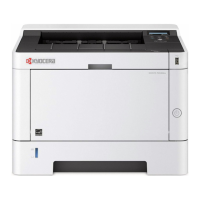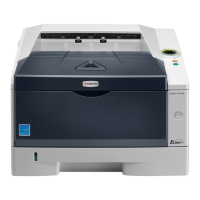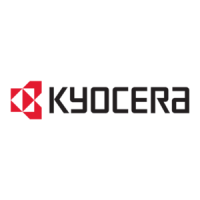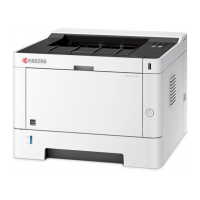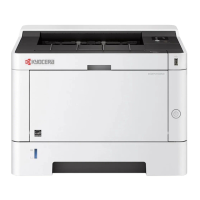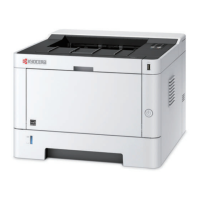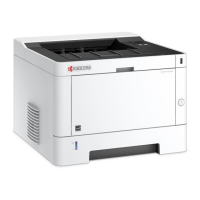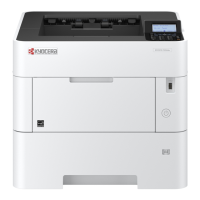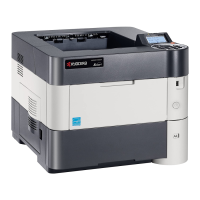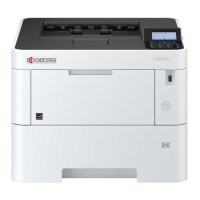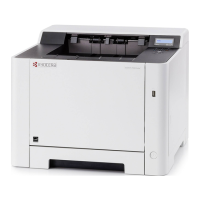9-9
Appendix > Paper
Choosing the Appropriate Paper
This section describes guidelines for choosing paper.
Condition
Avoid using paper with bent corners or that is curled, dirty, or torn. Do not use paper that has a rough surface or paper
fiber lint, or that is especially delicate. Use of paper in any of these conditions will not only deliver poor copies but may
also cause jams and shorten the useful life of the machine. Choose paper with a smooth and even surface; however,
avoid coated paper or paper with a treated surface as it may damage the drum or fusing unit.
Ingredients
Do not use paper such as paper that has been coated or surface-treated or paper that contains plastic or carbon. Those
types of paper may produce harmful fumes from the heat of printing and may damage the drum.
Be sure to use the standard paper that contains at least 80% pulp, i.e., not more than 20% of the total paper content
consists of cotton or other fibers.
Smoothness
The paper surface should be smooth, but it must be uncoated. With paper that is too smooth and slippery, several
sheets may accidentally be supplied at once, causing jams.
Basis Weight
In countries that use the metric system, basis weight is the weight in grams of one sheet of paper one square meter in
area. In the United States, basis weight is the weight in pounds of one ream (500 sheets) of paper cut to the standard
size (or trade size) for a specific grade of paper. Paper that is too heavy or too light may be supplied incorrectly or cause
paper jams, which may cause excessive wear of the machine. Mixed paper weight (i.e., thickness) may cause several
sheets to be supplied at once accidentally and may also cause blurring or other printing problems if the toner fails to
adhere correctly.
Moisture Content
Paper moisture content is the ratio of moisture to dryness expressed as a percentage. Moisture affects how the paper is
supplied, the electrostatic chargeability of the paper, and how the toner adheres.
Paper moisture content varies depending on the relative humidity in the room. High relative humidity causes paper to
become damp, making the edges expand so it appears wavy. Low relative humidity causes paper to lose moisture,
making the edges tighten and weakening print contrast.
Wavy or tight edges may cause the paper to slip when it is supplied. Try to keep the moisture content between 4 to 6%.
To maintain the right level of moisture content, bear in mind the following considerations.
• Store paper in a cool, well-ventilated place.
• Store paper flat and unopened in the package. Once the package is opened, reseal it if the paper is not to be used for
a while.
• Store paper sealed in the original package and box. Put a pallet under the carton to keep it raised above the floor.
Especially during rainy seasons keep the paper a sufficient distance away from wooden or concrete floors.
• Before using paper that has been stored, keep it at the proper moisture level for at least 48 hours.
• Do not store paper where it is exposed to heat, sunlight, or dampness.
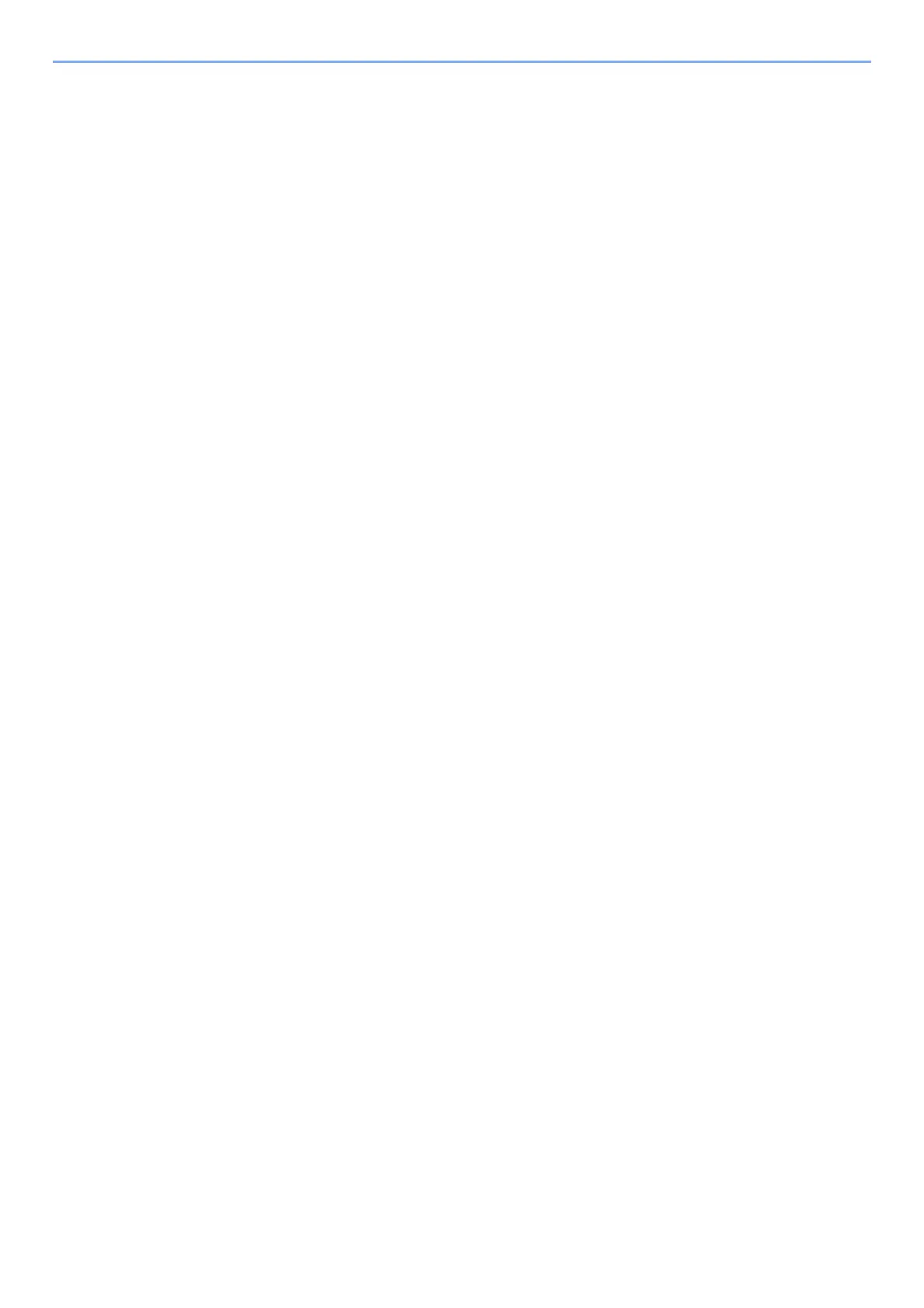